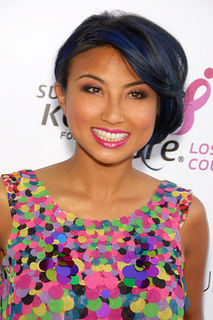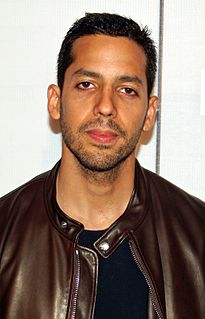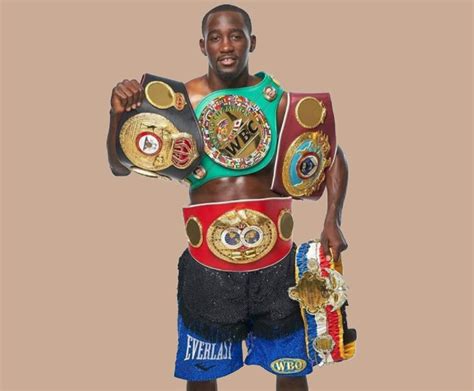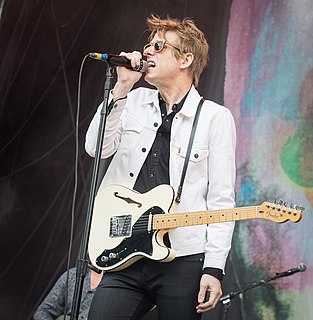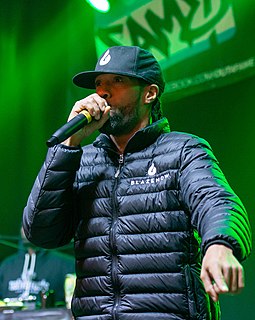A Quote by Jeannie Mai
My family would try and trick us and I would come to a party and she would be there. When I tell you the 'Love & Hip Hop' scene is nothing compared to what was happening with me and mom... throwing things at each other, the cursing, the words.
Related Quotes
It is certainly true that cooking is therapeutic, creative and all those other faintly creepy self-helpish words. I would love to tell you that learning to cook was part of my journey toward actualization. I would love to tell Oprah this. I would love to tell Oprah this while weeping. But I learned to cook for a much simpler reason: in the abject hope that people would spend time with me if I put good things in their mouth. It is, in other words (like practically everything else I do), a function of my desperation for emotional connection and acclaim.
My mom would spend a week in jail. She would spend a day in jail here - a week again, a week and a half, two weeks. My grandmother tells me stories of how because I would be at the house, I wouldn't notice that my mom was gone because she would be at work sometimes. So it was just like time when my mom would be gone and my grandma would tell me she'll be back. And nobody knew where anybody was.
She didn’t understand why it was happening,” he said. “I had to tell her she would die. Her social worker said I had to tell her. I had to tell her she would die, so I told her she was going to heaven. She asked if I would be there, and I said that I would not, not yet. But eventually, she said, and I promised that yes, of course, very soon. And I told her that in the meantime we had great family up there that would take care of her. And she asked me when I would be there, and I told her soon. Twenty-two years ago.
It was like they waited to tell each other things that had never been told before. What she had to say was terrible and afraid. But what he would tell her was so true that it would make everything all right. Maybe it was a thing that could not be spoken with words or writing. Maybe he would have to let her understand this in a different way. That was the feeling she had with him.
Even though hip-hop started as a battle format, different artists appeared on each other's records or hung out in the same clubs, supporting each other. That was a profound influence. Also, hip-hop, to me, represents limitless possibility. Hip-hop is always evolving. People say, "Oh, it's a very commercial thing, it's too R&B." But in six months, a record is gonna come out that will completely change that.
If my mom came here today, she'd probably join this red-hat brigade. My mother got my sense of humor, even when I was a kid. I would just do things that tickled my fancy in the moment, and she would ask me who I was entertaining. I'd say, 'Well, me.' And she would tell me that nobody knew that and they thought I was psychotic. Well, I don't ever want people to think I'm psychotic, but I can't help myself from doing these things.
I would like to encourage hip hop artists to invite those of us who are in the queer spaces in, so we can have those conversations. I love hip hop. If you bring me in the studio, I know how to act. And we can talk about what's not cool because, clearly, there's still homophobia that penetrates in all these areas.
